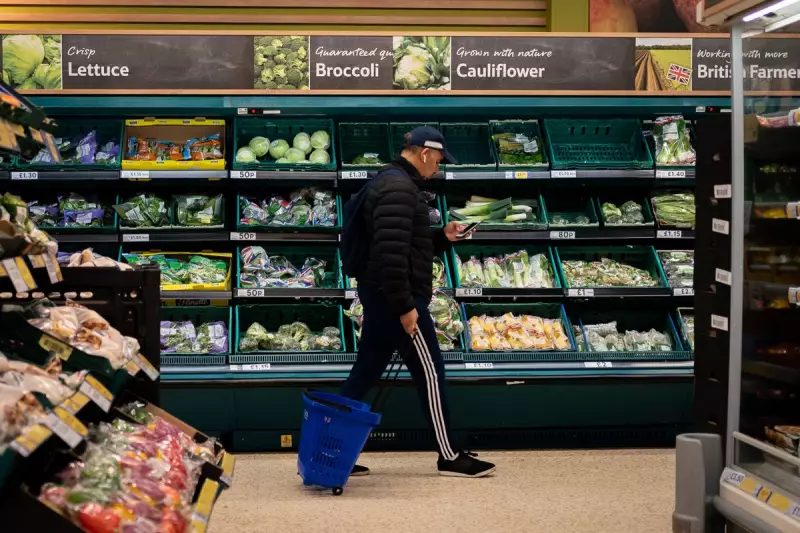
In a dramatic shift in Britain's shopping habits, online grocer Ocado has been hit by a significant sales decline as budget-conscious consumers increasingly turn to discount giants Aldi and Lidl. The latest market share figures from Kantar Worldpanel reveal the stark contrast in fortunes within the UK's £15.3 billion grocery sector.
Ocado's Sharp Decline
The data for the 12 weeks to 14 July shows Ocado's sales plunged by 5.3% compared to the same period last year, one of the steepest declines among major retailers. This drop significantly underperforms the overall market growth of 1.6%, highlighting the specific challenges facing the online-only retailer.
The Discounter Revolution Continues
In a direct reversal of Ocado's fortunes, German discounters Aldi and Lidl have surged ahead, collectively securing a record 18.0% share of the UK grocery market. Aldi's sales grew by an impressive 3.1%, while Lidl saw a remarkable 5.5% increase, making it the fastest-growing grocer for the fourth consecutive month.
The Inflation Effect
Fraser McKevitt, Head of Retail and Consumer Insight at Kantar, commented on the underlying trends: "Grocery price inflation is down to 2.1% – the lowest level since October 2021. While this is positive news, prices are still higher than they were two years ago, and this continues to shape where and how consumers choose to shop."
He added that the ‘Big Four’ supermarkets – Tesco, Sainsbury’s, Asda, and Morrisons – are now collectively growing at their fastest rate in over two years, suggesting a fierce battle for the wallets of savvy shoppers.
A Changing Market Landscape
The Kantar report underscores a fundamental restructuring of the UK grocery landscape. The relentless growth of Aldi and Lidl is squeezing traditional players and forcing them to compete more aggressively on price. Ocado's sharp decline suggests that even a premium online service is not immune to the powerful gravitational pull of the discounters in the current economic climate.





